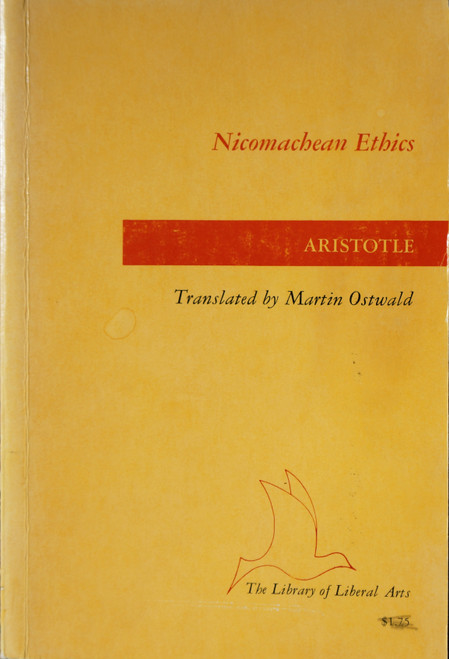If one were to ask any group of serious thinkers, of either the Orient or the Occident, to name those philosophical works which have made the most lasting impression upon them, it s quite certain that most of them would include Spinoza's Ethics. This book, which the philosopher himself described as an effort to present "the road to inner freedom" is, without question, one of the most profound and basic works in all philosophic literature.
To teach man to be master of his passions and emotions, that in the last analysis is the goal of the Ethics. Man is besieged by violent and contradictory emotions of fear and hope, love and hate, pity and remorse. The only freedom from such an embattled existence lies in the experience of an even greater emotion: amor dei intellectualis (the rational love of God). How to reach this summum bonum, the greatest human good, in the face of the conflicting demands of fame, greed and sexual passion, so as to be able to observe the panorama of daily existence sub specia aeternitatis--that is Spinoza's main purpose, and his solid achievement.
The great Dutch philosopher died in 1677. After three centuries, his thinking remains as pertinent as it was during his lifetime.
With an Introduction by Dagobert D. Runes (Editor)
About the Author
Baruch Spinoza was excommunicated from the Jewish community of Amsterdam at age twenty-four, and he never joined another religious group but kept a respectful distance, attending religious services of various persuasions. He was born in Amsterdam to a Portuguese Jewish family who had fled to the Netherlands, escaping the persecutions of the Catholic Inquisition which, in 1497, had forced all the Jews of Portugal to convert to Christianity. He is best known as the author of Theologico-Political Treatise and Ethics.







